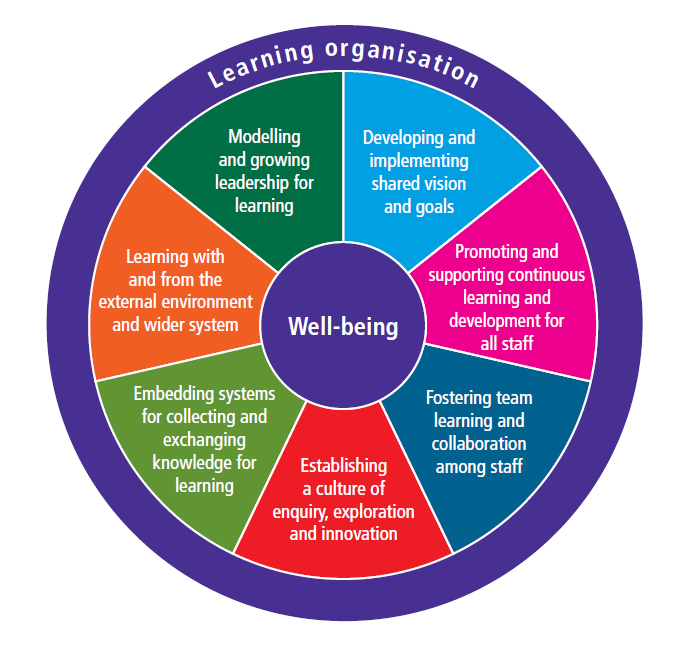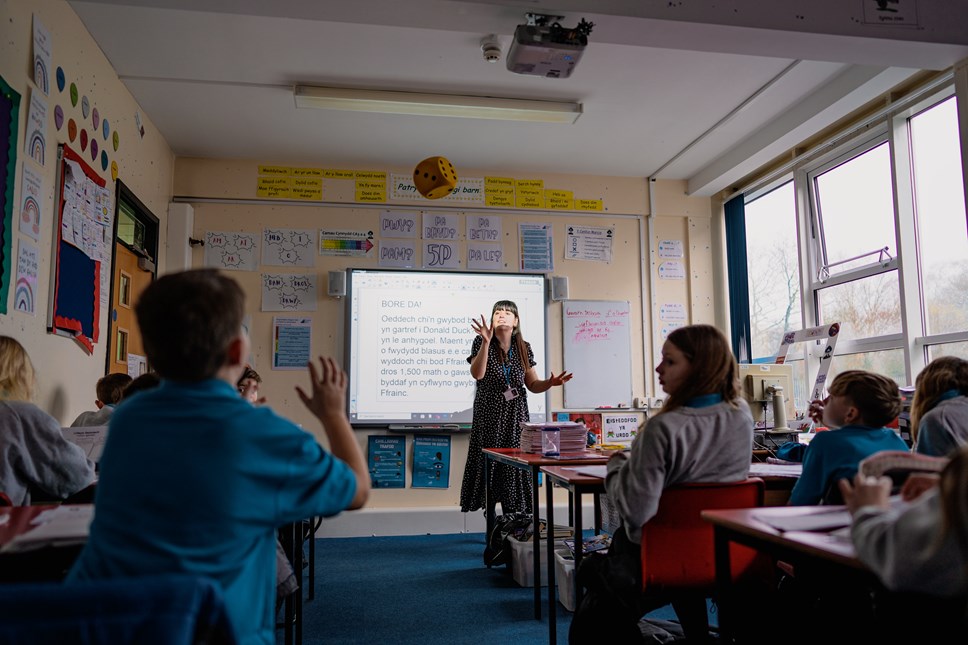
The Education System in Wales
History, Structure, and Modern Developments
Wales, a country renowned for its green valleys, rich culture, and a strong sense of national identity, also boasts an evolving and distinctive education system. Over the years, Wales’s approach to education has diverged from the neighboring systems of England, Scotland, and Northern Ireland, reflecting its unique linguistic, cultural, and social priorities. This document provides a comprehensive overview of the Welsh education system, tracing its historical roots, exploring its current structure, and considering the reforms and challenges that shape its future.
The education system in Wales is marked by a commitment to inclusivity, bilingualism, and a broad, flexible curriculum designed to meet the needs of all learners. With its distinctive policies and ongoing reforms, Wales is forging an educational path that reflects its unique heritage and aspirations preparing children and young people not just for academic success, but for active and confident participation in contemporary Welsh society and the wider world.
Historical Background
The roots of formal education in Wales can be traced back to the Middle Ages, when monastic schools and later grammar schools provided the earliest forms of structured learning. The widespread introduction of elementary schooling began in the 19th century, with the establishment of "British Schools" and "National Schools." These were often driven by religious organizations and focused heavily on moral instruction and the Welsh language.
The 1870 Elementary Education Act launched a new era by introducing state involvement in education, making schooling more accessible for all children. By the early 20th century, the education system in Wales, though still largely controlled from London, began to reflect the country’s increasing desire for local autonomy and distinctiveness, especially regarding the Welsh language and culture.
Structure of the Welsh Education System
Today, the education system in Wales is largely devolved, with most policy, curriculum, and funding decisions made by the Senedd (Welsh Parliament) and the Welsh Government.

Early Years and Primary Education
Children in Wales can attend nursery or pre-school from the age of three. The Foundation Phase, introduced in 2008, covers children aged 3 to 7 and is a pioneering approach to early childhood education. It replaces the traditional Key Stage 1 with a more play-based curriculum, emphasizing experiential learning, creativity, and the development of social and emotional skills.
After the Foundation Phase, children move to primary schools, typically from ages 7 to 11. The curriculum during these years is broad and balanced, including literacy, numeracy, science, Welsh language, humanities, creative arts, and physical education.
Secondary Education
Secondary education in Wales usually starts at age 11 and continues until at least age 16. Students attend secondary schools where they follow the national curriculum until the end of Key Stage 4, usually culminating in the General Certificate of Secondary Education (GCSE) exams at age 16.
Unlike England, where there has been significant emphasis on standardized testing, Wales has moved away from high-stakes testing at younger ages. For example, Standard Assessment Tests (SATs) were abolished in Wales in 2004 in favor of teacher assessments and a more holistic view of student progress.
Post-16 Education
After age 16, young people in Wales have several options:
- Continue academic study at a school sixth form or further education (FE) college, usually leading to A-levels (Advanced Level qualifications) or the Welsh Baccalaureate.
- Undertake vocational education and training, with a range of qualifications available, including BTECs and NVQs.
- Begin apprenticeships or enter the workforce directly.
The Welsh Baccalaureate, introduced in 2003 and revised since, is a distinct qualification that blends academic and practical learning. It includes a “Skills Challenge Certificate” focused on problem-solving, enterprise, and community participation, aiming to prepare students for both higher education and employment.
Higher Education
Wales has a rich tradition of higher education, with several respected universities and institutions, including Cardiff University, Swansea University, Bangor University, and Aberystwyth University. Welsh universities offer undergraduate, postgraduate, and research programs across a wide range of disciplines.
Since devolution, Welsh higher education policy has diverged from England, particularly regarding tuition fees and student support. The Welsh Government has implemented policies to reduce financial barriers for Welsh students, offering maintenance grants and loans to support living costs, and often keeping tuition fees lower than those in England.
The Welsh Language in Education
One of the most distinctive features of the Welsh education system is its commitment to promoting the Welsh language. The Cymraeg 2050 strategy aims to reach one million Welsh speakers by 2050, and education is central to achieving this goal.
Welsh-medium education is available across the country, enabling students to learn primarily through the medium of Welsh. All schools, even those that teach primarily in English, are required to teach Welsh as a subject up to the age of 16. This bilingual approach is integral to preserving and revitalizing the Welsh language and culture.

Curriculum for Wales
A landmark change in recent years has been the introduction of the new Curriculum for Wales, rolled out in 2022. This curriculum is designed to be more flexible and responsive to individual learners’ needs. It moves away from a rigid, subject-based structure to focus on six “Areas of Learning and Experience”:
- Expressive Arts
- Health and Wellbeing
- Humanities
- Languages, Literacy, and Communication
- Mathematics and Numeracy
- Science and Technology
The curriculum emphasizes the development of four core purposes: to create ambitious, capable learners; enterprising, creative contributors; ethical, informed citizens; and healthy, confident individuals. Assessment is intended to be ongoing and formative, supporting a more personalized approach to education.
Inclusion and Additional Learning Needs
The Welsh education system is committed to inclusivity. The Additional Learning Needs and Education Tribunal (Wales) Act 2018 reformed the way support is provided for students with special educational needs. The system now uses the term "Additional Learning Needs" (ALN) and aims for a more unified, person-centered approach involving families and the young people themselves in planning support.
Inspection and Quality Assurance
Estyn is the education and training inspectorate for Wales. It is responsible for inspecting the quality and standards of education across all sectors, from early years to adult learning. Estyn’s evaluations are published publicly, providing transparency and accountability for schools and colleges.
Challenges and Ongoing Reforms
Like many education systems worldwide, Wales faces challenges, including:
- Ensuring equitable access to high-quality education in both rural and urban areas.
- Raising attainment and closing the achievement gap between disadvantaged and more affluent students.
- Recruiting and retaining qualified teachers, especially in key subjects and Welsh-medium education.
- Adapting to technological change and preparing students for the future world of work.
- Responding to the post-pandemic context, including supporting student mental health and well-being.
Recent reforms, such as the Curriculum for Wales and changes to assessment and inspection processes, aim to address these challenges and ensure that Welsh education remains innovative, inclusive, and responsive to the needs of its learners.
